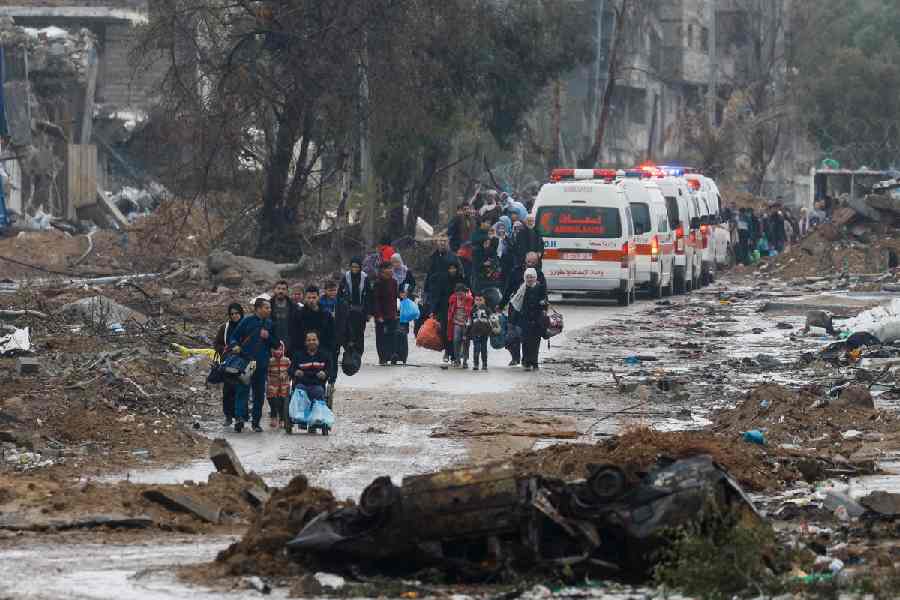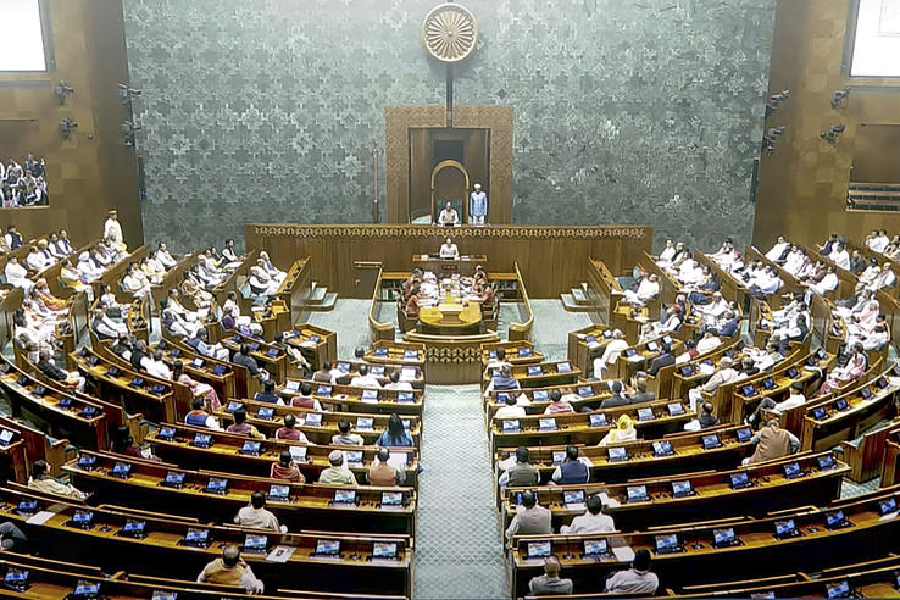In the 52 days that Sahar Kalderon, 16, spent as a hostage in the Gaza Strip, it was not only her captors who terrified her.
It was also the relentless Israeli strikes on the enclave, she said, as the Israeli air force pummeled the territory night after night in one of the most intense air campaigns this century. “Many times I told myself that, in the end, I will die from Israel’s missiles and not from Hamas,” the teenager said in her first interview with the international news media since being released from captivity on November 27.
“Will I ever see my family again?” she remembered wondering. “Will I return to my normal life? Will I not be killed? It’s complete helplessness.” It is that kind of sentiment that highlights Israel’s strategic bind as it attempts to free more of the people captured by Hamas and its allies during the October 7 attack in southern Israel.
Israel began its devastating counterattack on Gaza soon after the assault, seeking to rescue the roughly 240 hostages while destroying the group that led their abduction. The two-pronged strategy initially worked, as the Israeli army captured large parts of northern Gaza before agreeing to a brief truce in November to allow for the release of more than 100 hostages. Kalderon and her brother Erez, 12, were among them.
But as Israeli troops push deeper into Gaza, the fear is that the fight against Hamas might come at the cost of the remaining 129 hostages still being held in Gaza, 21 of whom are believed to already be dead. Last week, three Israeli hostages were mistakenly shot and killed by the army despite bearing a makeshift white flag. For Kalderon, the fear is particularly acute because she believes her father, Ofer Kalderon, 53, remains a hostage.
“What about my father, who has been left behind?” she said. “I ask of everyone who sees this: Please, stop this war; get all the hostages out.”
Kalderon met for an interview Sunday in Tel Aviv, far from her destroyed village in southern Israel. Surrounded by her mother and siblings in an apartment lent to her family by the government, Kalderon seemed upbeat and composed — an exterior that masked deep trauma, her mother said.
She last saw her father the morning of October 7, when terrorists surged into their village, Nir Oz, close to the border with Gaza. It was one of more than 20 communities and military bases overrun that day by Hamas. The rampage killed an estimated 1,200 people, Israeli officials say.
Kalderon, a keen painter and dancer, was at the home of her father and her brother Erez when the assault began. Her parents live separately; Kalderon’s mother, Hadas, was at her own home in the same village at the time.
New York Times News Service











